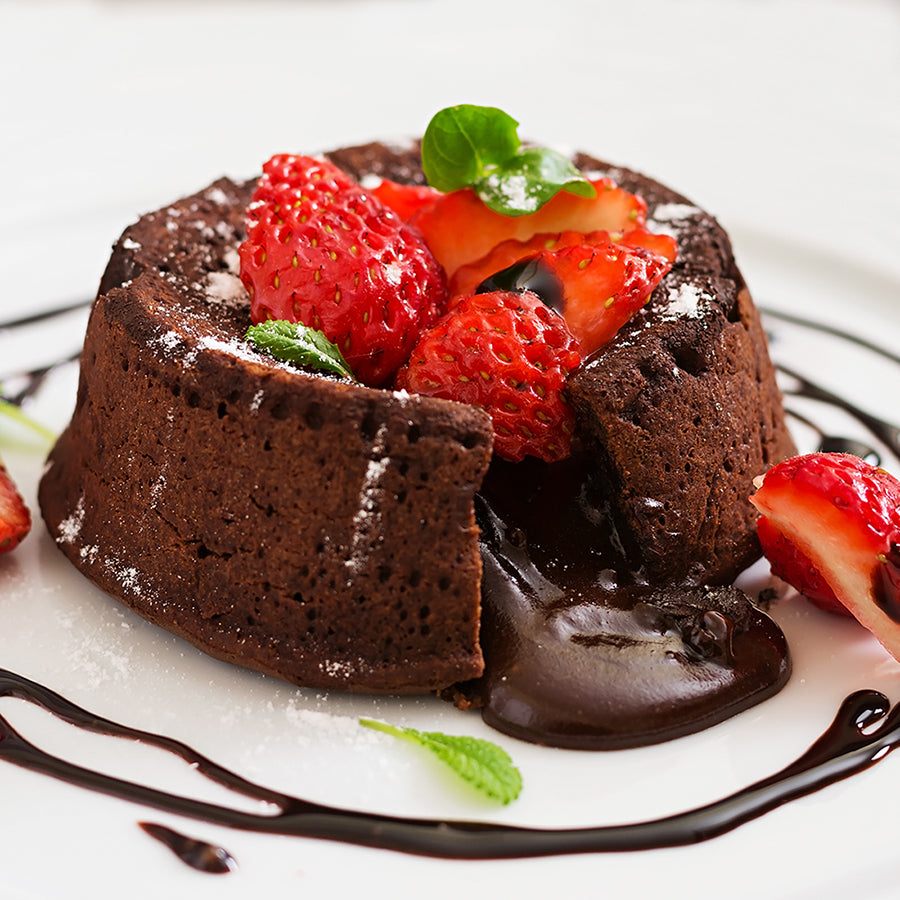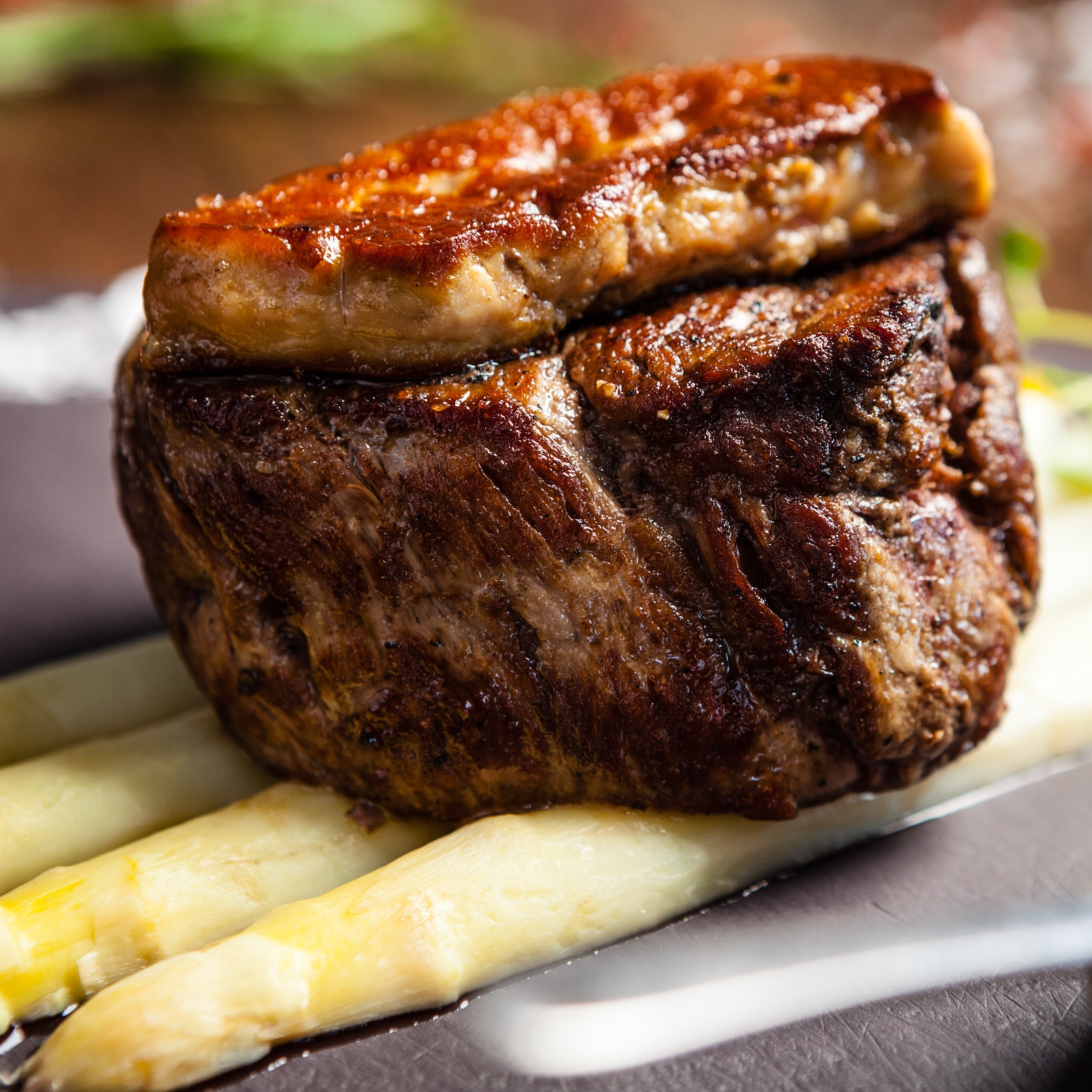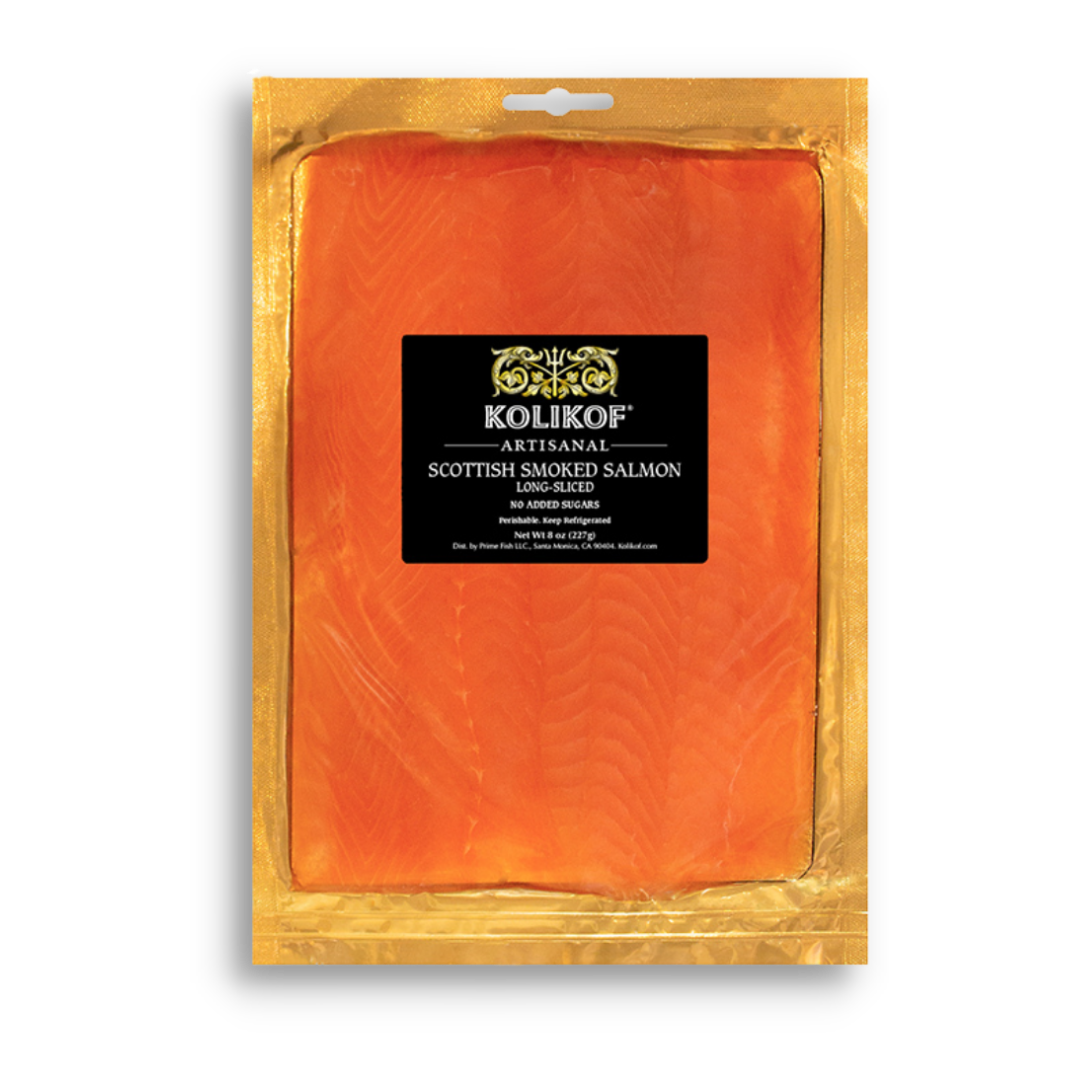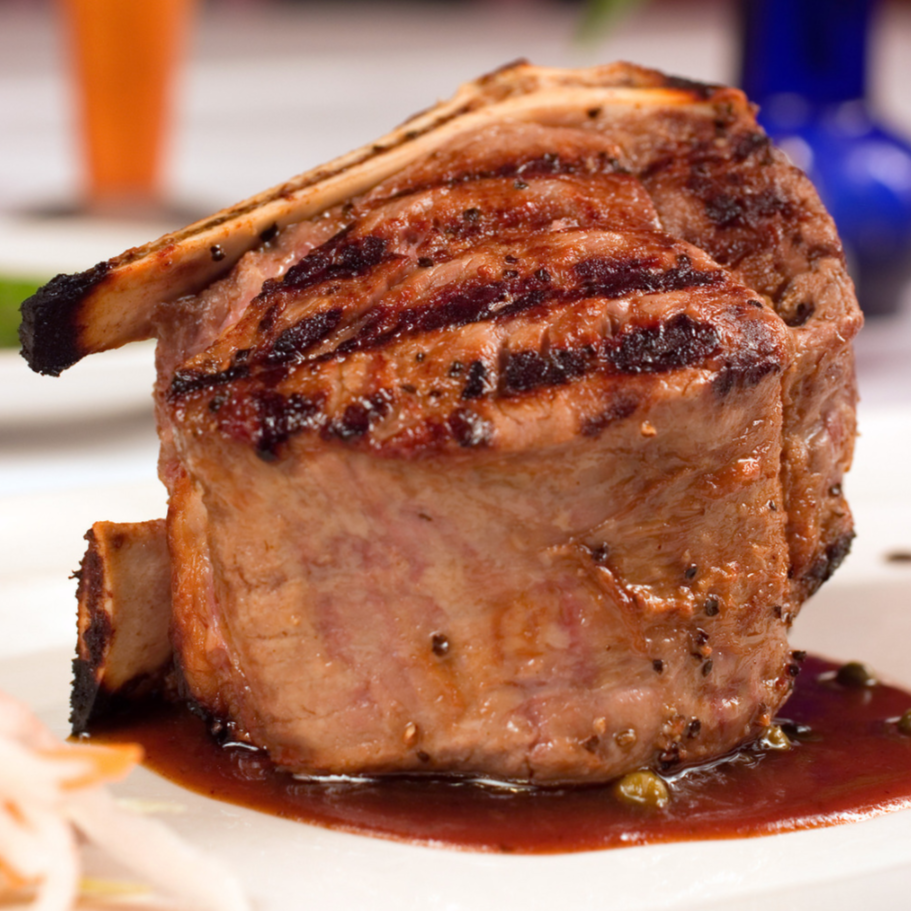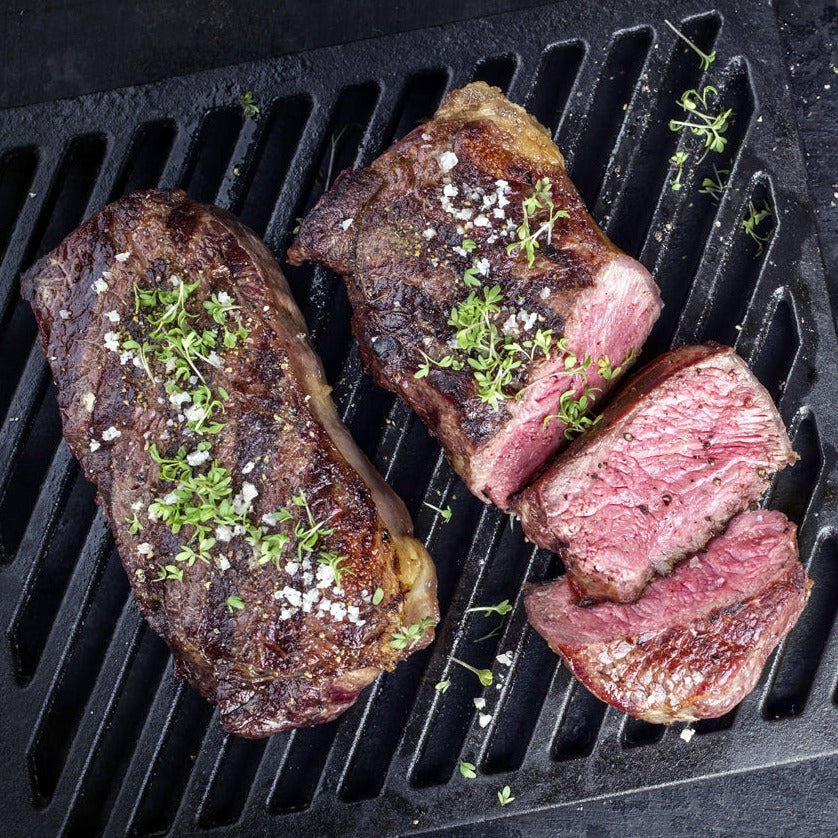Is Caviar Kosher?
Eating Kosher foods is a long-standing tradition and practice within Hebrew religious law. Practiced by Hebrews the world over, the act involves only eating foods that are deemed to be clean, as well as certain foods being prepared correctly according to Kosher guidance. The word itself means ‘fit or proper’ in Hebrew.
The guidelines for which foods are considered Kosher are outlined in the Torah, the religious scripture of the religion. It covers a wide variety of food, and in particular stops members of the Jewish religion from eating certain types of fish and other meats, including dairy items.
Often these restrictions are placed on food that traditionally was considered unclean and unsafe to eat in the eyes of God. It must be said not all Jewish people follow the letter of Kosher law, so you might find variances in the level of diet strictness.
What is Considered Kosher?
In simple terms, foods that are Kosher do not include anything that is considered non-Kosher, or not clean. All foods need to be in accordance with Kashrut (The basic laws of Kosher). The most important rule of Kosher foods is that milk and meat products do not cross paths, this means even dishes cannot be washed in the same dishwasher. This doesn’t include non-Kosher meats such as shellfish or pork, as these are never acceptable.
Any meat which is not slaughtered following the correct processes cannot be considered Kosher either. On top of these, a number of requirements must be met during the process to qualify. Such to the point that many Kosher abiding Jews have difficulty buying products from large food superstores, as they cannot guarantee that all the ingredients are Kosher, nor that the Kosher preparing process adhered to correctly. To manage this, some stores provide entire Kosher sections and ranges to cater to this market.
Is Caviar Kosher?
A big question to answer, and in all truth, sturgeon roe caviar is not considered Kosher. It all comes down to the fish the eggs come from. For caviar to be considered Kosher it would have to pass certain criteria, mainly that the fish the eggs were retrieved from were Kosher. Therein lies the problem with Sturgeon, as they are not considered Kosher fish.
This is due to something you might find surprising, their scales. Kosher fish requires the skin must be easily removed and shed away from the flesh. But for fish like Sturgeon, whose scales are ganoid and do not follow these requirements, it means they cannot be classed as Kosher, and therefore their roe is not either.
Many who follow Kosher law will opt for other kinds of roe instead of the traditional black sturgeon roe. This is absolutely acceptable, and a great way of being to get involved with Caviar culture without crossing any religious or personal boundaries. Bowfin Caviar might be such an option, but it’s important to note the Orthodox Union has not classified it as Kosher.
If in doubt, perhaps its key to remember the Golden Rule for Kosher Fish and Caviar:
“All roe from Kosher fish are therefore Kosher”.
Kosher Gourmet Options
Of course, it’s sad to discover Caviar is not Kosher, especially if you’re keen to introduce caviar to your Jewish friends. As a sign of respect, we always encourage acknowledging and ensuring all foods provided are Kosher.
At Kolikof Caviar & Gourmet foods we have a variety of options that are suitable for the Kosher Diet and would encourage you to review our product list to discover your next Kosher delight.


